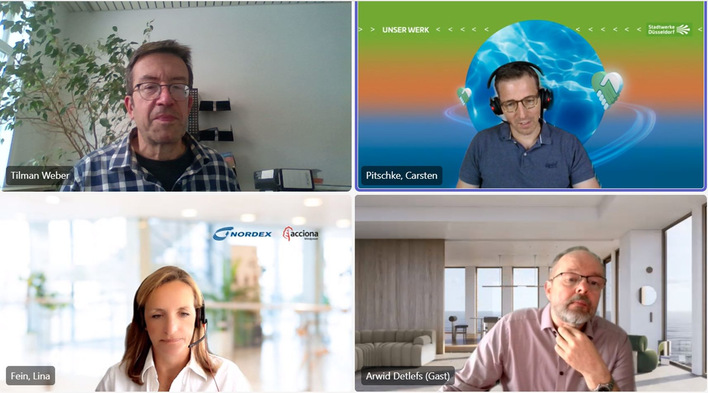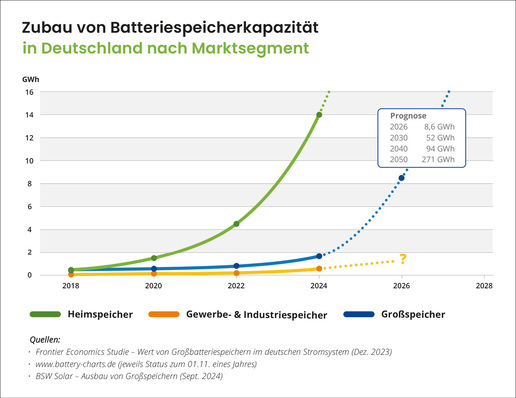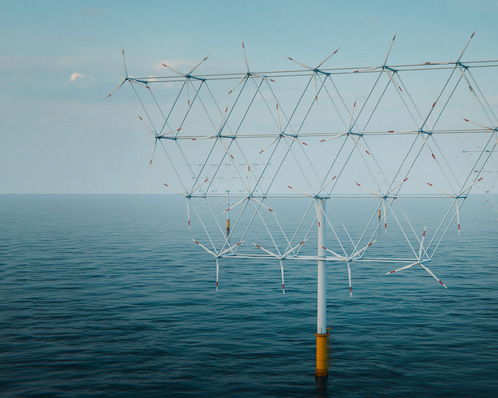While the increase is equivalent to nearly 70%, in absolute terms roughly 1.5 cents will be added to the price of a kilowatt-hour, which is currently around 23 cents in Germany. The overall price increase is therefore closer to 7%.
Nonetheless, a 7% hike in a single year is significant, and it is mainly the result of the exorbitant growth of photovoltaics in 2010. The price of photovoltaics has plummeted by some 40% over the past two years, and Germany rushed to lower its feed-in tariffs to reflect those lower prices. As a result, Germans rushed this year to install solar roofs on their homes before the reduced feed-in tariffs took effect. Germany has already installed more than 5 GW of photovoltaics this year and may reach 7 GW by the end of the year.
The boom in photovoltaics had already made electricity more expensive. In 2009, the surcharge was only 1.1 cents; in other words, the increase from 2009-2010 was almost 100%. Yet, in 2009 photovoltaics only covered 1% of German power consumption. In the same year, Germany got roughly 7% of its electricity from wind power, the least expensive form of renewable energy.
Photovoltaics now faces some severe criticism than from people who support renewables – from within its own ranks, so to speak. For instance, Claudia Kemfert of the German Institute for Economic Research (DIW) is now calling for a ceiling on the funding for photovoltaics. As she told the German press, "if the market for photovoltaics is booming so much that it raises power prices, we have to change our policy. Either you lower feed-in rates four photovoltaics further, or you put a ceiling on overall compensation."
Germany's Energy Consumer Association, a consumer protectionist group, points out, however, that renewable electricity has reduced wholesale prices, and these price decreases are not being passed on to consumers. In a press release yesterday, the Association points out that wholesale costs have dropped by 0.8 cents since 2008, equivalent to roughly half of the expected increase due to renewables.






